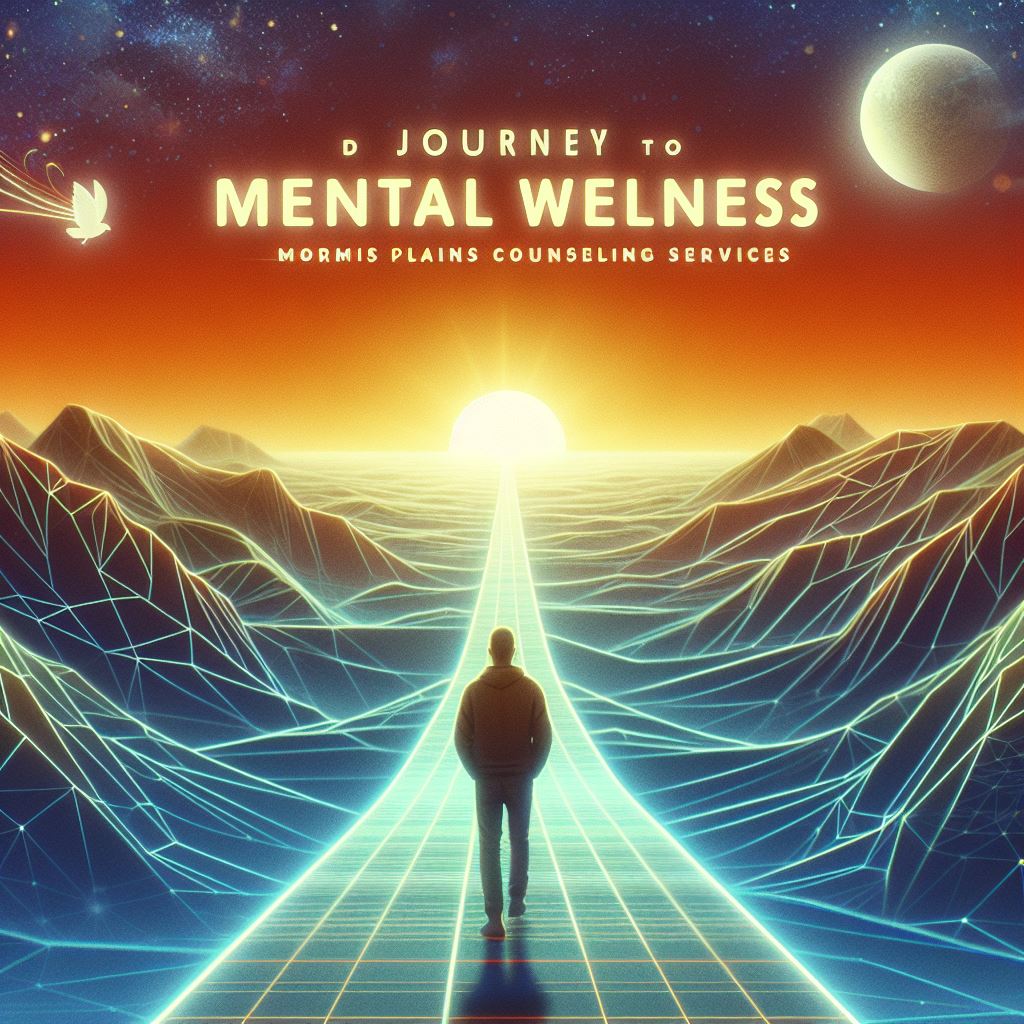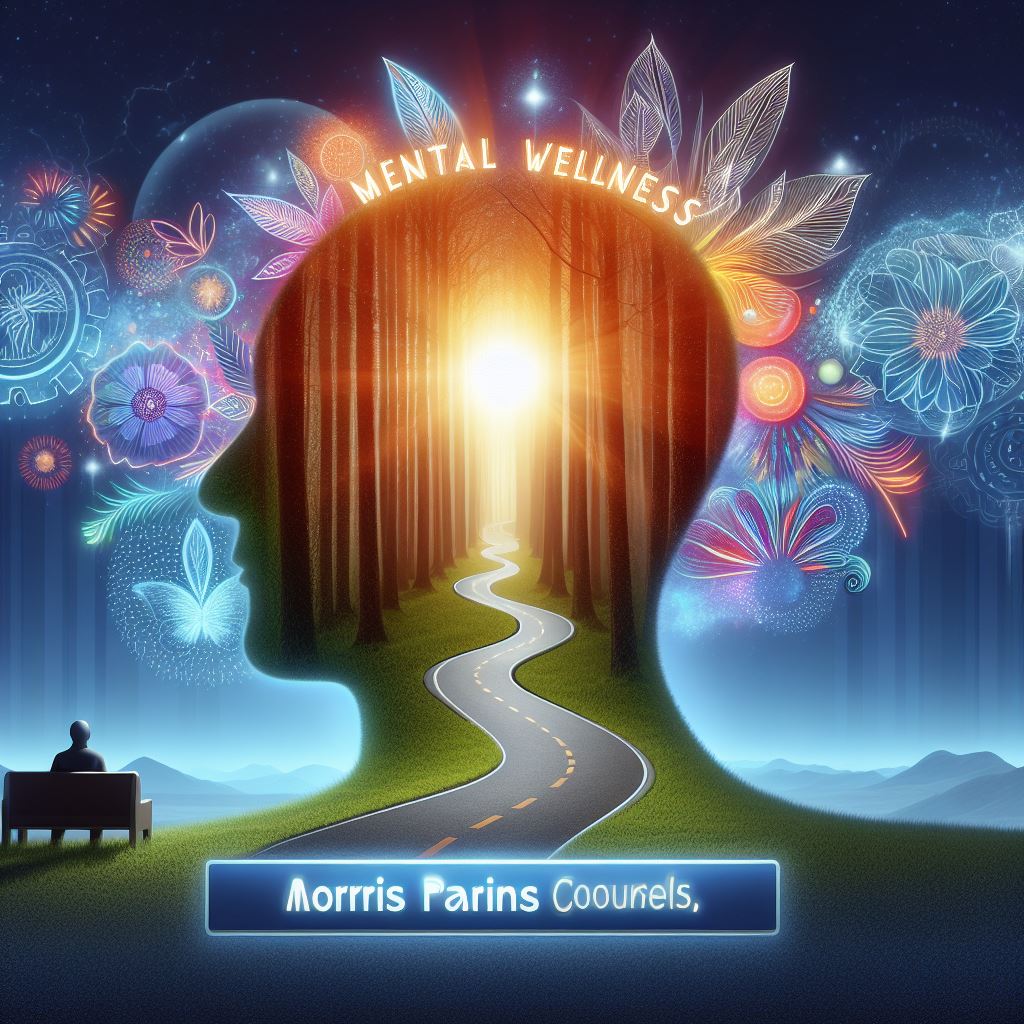Embarking on the journey to understand mental health is a deeply personal exploration. It begins with recognizing that mental health encompasses our emotional, psychological, and social well-being. It influences how we think, feel, and act, as well as how we handle stress, relate to others, and make choices. What is mental health for you? This question not only invites introspection but also acknowledges that each individual’s experience with mental health is unique.
For some, mental health might be about maintaining balance in the face of life’s challenges, while for others, it could be a matter of managing long-term mental health conditions with courage and resilience. It’s important to consider various aspects, such as the ability to enjoy life, resilience in the face of adversity, and the capacity for building and maintaining relationships.
Mental Health Matters – Make it a Priority! If you or a loved one are ready to begin regaining autonomy over your health and well-being, know that we’re here for you. Let us guide you through your recovery journey and enable you to lead the happy, healthy, and fulfilling life you deserve. Contact us for Mental Health Services in New Jersey.
Delving into the personal significance of mental health is not just an academic exercise; it’s a crucial step towards self-awareness and self-care. By examining what mental health means to us, we can set the foundation for a tailored approach to our mental well-being, one that respects our individual needs and life experiences.
The Multifaceted Nature of Mental Well-being

When considering mental well-being, it’s essential to recognize its multifaceted nature. Mental well-being is not merely the absence of mental health disorders; it’s the presence of positive characteristics that contribute to a full and satisfying life. Resilience, the capacity to bounce back from difficulties, is just one facet of this complex construct. It’s complemented by other aspects such as self-acceptance, personal growth, and the ability to form positive relationships.
Another component is the concept of autonomy, where an individual feels in control of their actions and decisions. This sense of independence is crucial for personal empowerment and is closely linked to mental well-being. Additionally, environmental factors such as a supportive community and access to resources can significantly impact one’s mental health landscape.
It’s also important to consider the role of emotional intelligence, which involves understanding and managing one’s emotions, as well as empathizing with others. This skill set is invaluable for navigating the complexities of life and maintaining mental equilibrium. By acknowledging the diverse elements that constitute mental well-being, we can appreciate the breadth and depth of what it truly means to be mentally healthy.
Ultimately, mental well-being is about finding harmony within ourselves and with the world around us. It’s a dynamic balance that allows for personal development and fulfillment while also equipping us to deal with life’s inevitable challenges.
Personal Stories: The Subjective Experience of Mental Health

Mental health is deeply personal and unique to each individual. Personal stories and subjective experiences provide us with powerful insights into the myriad ways mental health affects our lives. These narratives often reveal that what is mental health for you might vary significantly from someone else’s understanding due to different backgrounds, challenges, and life experiences.
For instance, one person may describe their mental health in terms of their ability to cope with stress and maintain work-life balance, while another might focus on the impact of past traumas or the management of a chronic mental illness. These personal accounts can encompass a range of emotions, thoughts, and behaviors that contribute to a person’s overall sense of well-being or distress.
Through sharing and listening to these stories, we begin to see patterns emerge, such as the importance of support systems, the role of stigma in seeking help, or the transformative power of therapy and self-care. These stories can also serve as a reminder that while mental health conditions can be daunting, recovery and well-being are possible and attainable with the right support and resources.
The subjective experience of mental health is an essential component of our understanding, and it is through these personal reflections that we can foster a more compassionate and empathetic society. These stories not only help others feel less alone in their struggles but also contribute to a larger narrative that challenges misconceptions and promotes mental health awareness.
Strategies to Nurture Your Mental Health
Adopting strategies to nurture your mental health is an essential aspect of living a balanced and fulfilling life. Effective mental health care often involves a combination of personal habits, social support, and professional guidance. Here are some strategies that can be woven into daily life to enhance mental well-being:
- Regular Exercise: Engaging in physical activity releases endorphins, known as ‘feel-good’ hormones, which can improve mood and reduce feelings of anxiety and depression.
- Healthy Eating: Consuming a balanced diet rich in nutrients supports brain function and can influence your mental health positively.
- Sufficient Sleep: Quality sleep is crucial for cognitive processes and emotional regulation, so ensuring you get enough rest can have a significant impact on your mental state.
- Mindfulness and Meditation: Practicing mindfulness can help you stay present and reduce stress, while meditation can foster a sense of calm and inner peace.
- Building Strong Relationships: Maintaining supportive social connections provides a safety net for when times get tough and enhances your sense of belonging.
- Setting Boundaries: It’s important to know your limits and communicate them to others to prevent burnout and maintain mental health.
- Seeking Professional Help: Therapists, counsellors, and other mental health professionals can provide valuable tools and support to navigate life’s challenges.
Remember, nurturing your mental health is not a one-time event but a continuous process. It’s about creating a lifestyle that supports your mental and emotional well-being. Each strategy can be tailored to fit individual needs and preferences, contributing to a comprehensive approach to mental health care.
Challenges in Recognizing Personal Mental Health Needs

Recognizing personal mental health needs can be a complex process, fraught with various challenges that may impede an individual’s ability to seek help. One significant obstacle is the stigma associated with mental health issues, which can lead to feelings of shame or embarrassment. This often results in individuals avoiding discussions about their mental health, for fear of being judged or misunderstood.
Another challenge is the lack of awareness or education about mental health. Without proper knowledge, people may struggle to identify the signs and symptoms of mental health conditions, mistaking them for normal stress or temporary mood swings. This can delay the pursuit of treatment and support.
Denial is also a common barrier. Many people may not want to admit that they are struggling, perhaps due to a fear of appearing weak or incapable. Accepting that one’s mental health may need attention requires vulnerability and self-awareness, which can be difficult to achieve.
Furthermore, cultural and societal beliefs can influence how individuals perceive mental health. In some cultures, mental health issues are not recognized as legitimate health concerns, which can prevent people from acknowledging their own needs.
Lastly, economic factors such as the cost of therapy or lack of insurance coverage can make it challenging for individuals to access the mental health care they require.
It is crucial to address these challenges by promoting mental health education, fostering supportive and non-judgmental environments, and advocating for better access to mental health services. Overcoming these barriers is vital for individuals to recognize and attend to their mental health needs effectively.
Empowerment Through Mental Health Awareness

Empowerment through mental health awareness is a transformative process that begins with education and understanding. By increasing our knowledge about mental health, we can challenge misconceptions and reduce the stigma that surrounds mental health conditions. Awareness enables us to recognize the importance of mental well-being and encourages proactive steps towards self-care and seeking support when needed.
One key aspect of empowerment is the ability to identify and articulate one’s own mental health experiences. This self-awareness can lead to greater control over personal well-being, encouraging individuals to make informed decisions about their care and treatment options.
Communities play a crucial role in empowerment by providing a support system that validates and responds to the mental health needs of its members. Community-based initiatives and peer support groups can offer solidarity and understanding, which are essential for fostering resilience.
At True Life Care, we’re dedicated to empowering you on your mental health journey. Mental Health Matters – Make it a Priority! If you or a loved one are ready to begin regaining autonomy over your health and well-being, know that we’re here for you. Let us guide you through your recovery journey and enable you to lead the happy, healthy, and fulfilling life you deserve.
For those seeking guidance, our doors are always open. Contact us for Mental Health Services in New Jersey at truelifecarementalhealth.com and take the first step towards empowerment and improved mental health today.



